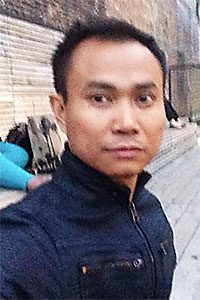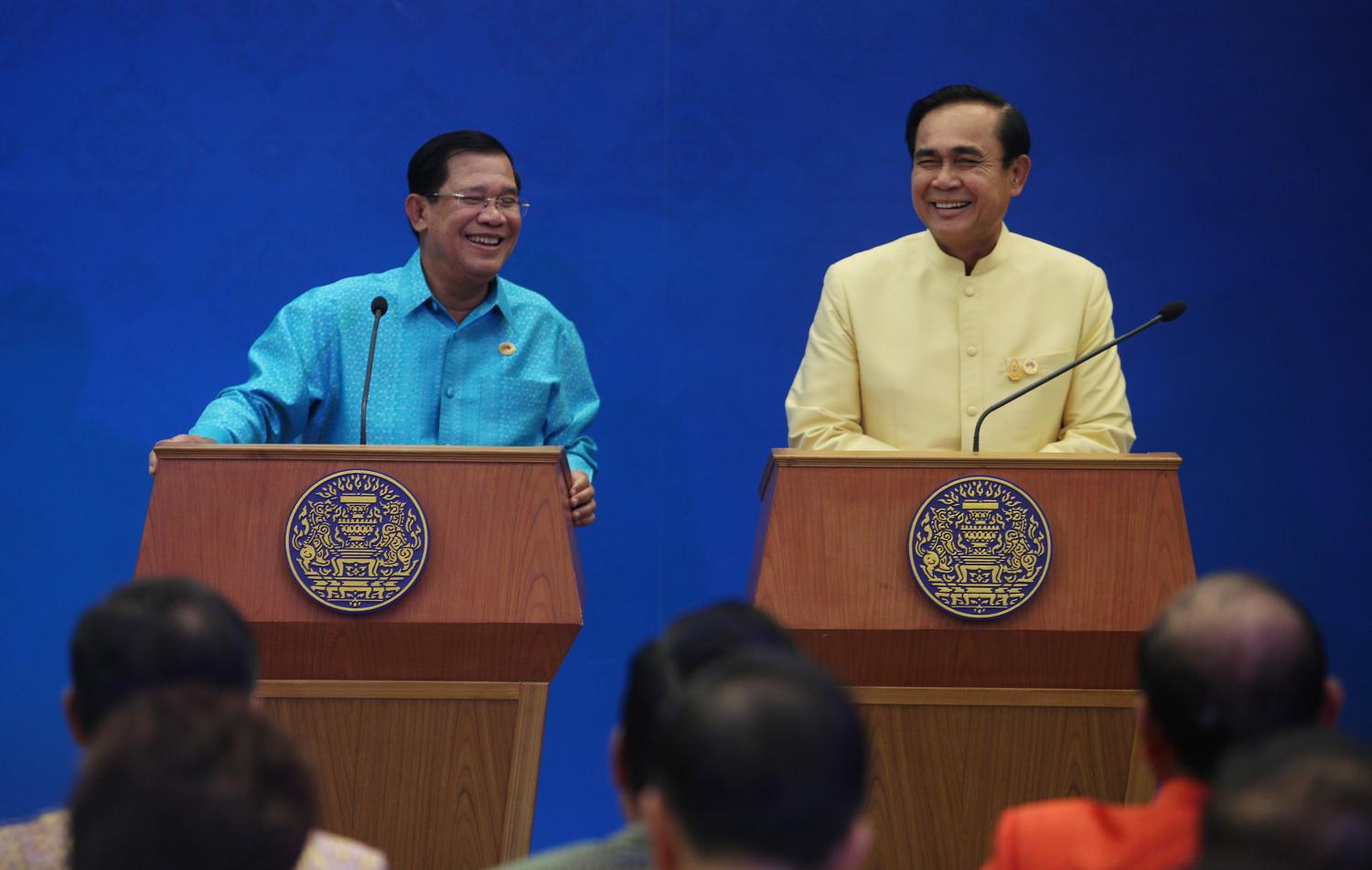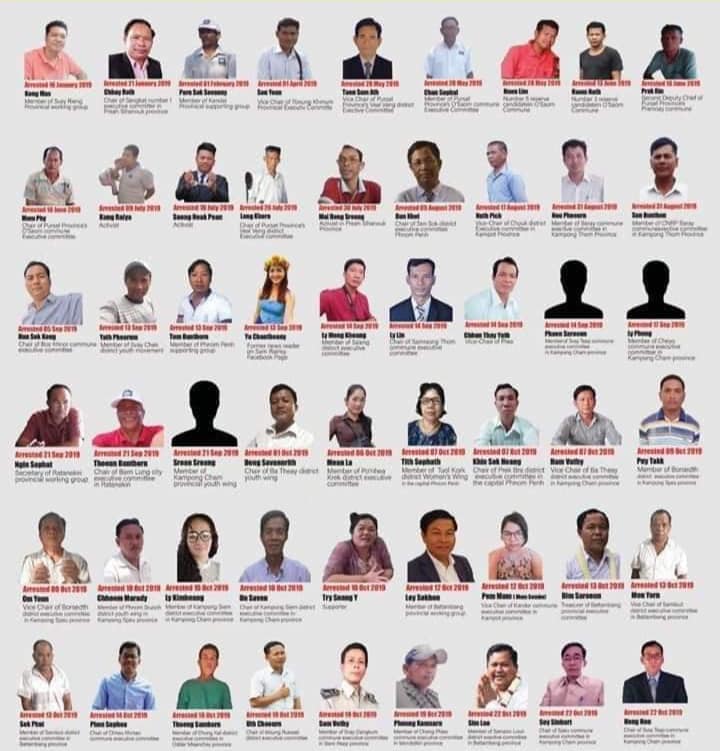Human rights abusers worldwide are to face EU asset freezes and travel bans under new-model sanctions agreed by foreign ministers in Brussels Monday. “Today, the EU unanimously decided to legislate a worldwide EU human rights sanction regime,” Dutch foreign minister Stef Blok said. The EU foreign service will put forward a legal proposal following Monday’s deal, with diplomats predicting it will take six months before the measures enter into force.
សហភាពអឺរ៉ុបយល់ស្របផែនការណ៍ដាក់ទណ្ឌកម្មបុគ្គលរំលោភសិទ្ធិមនុស្សពេលអនាគត
បុគ្គលរំលោភសិទ្ធិមនុស្សជុំវិញពិភពលោកនឹងប្រឈមការបង្កកទ្រព្យនិងហាមឃាត់ទិដ្ឋាការសហគមអឺរ៉ុបក្រោមច្បាប់ដាក់ទណ្ឌកម្មថ្មីយល់ស្របដោយរដ្ឋមន្ត្រីការបរទេសក្នុងទីក្រុងប្រុសសែលកាលពីថ្ងៃចន្ទ៖ ថ្ងៃនេះសហគមអឺរ៉ុបបានសម្រេចជាឯកច្ឆន្ទបង្កើតច្បាប់របបដាក់ទណ្ឌកម្មសិទ្ធិមនុស្សអឺរ៉ុបនៅជុំវិញពិភពលោក នេះបើតាមប្រសាសន៍របស់រដ្ឋមន្ត្រីការបរទេសហូរឡង់។ ក្រសួងសេវ៉ាកម្មការបរទេសអឺរ៉ុបនឹងដាក់សំណើរផ្លូវច្បាប់ទៅតាមការសម្រេចកាលថ្ងៃចន្ទជាមួយទូតទាំងអស់ដោយអាចនឹងប្រើពេល៦ខែមុនវិធានការណ៍ចូលជាធរមាន។
For your reference: EU Observer








![Cambodia's longtime Prime Minister Hun Sen has ordered the release of 70 opposition activists. [Samrang Pring/Reuters]](https://www.aljazeera.com/mritems/imagecache/mbdxxlarge/mritems/Images/2019/11/14/c3775976a8f5449f92cf53575619a66a_18.jpg)